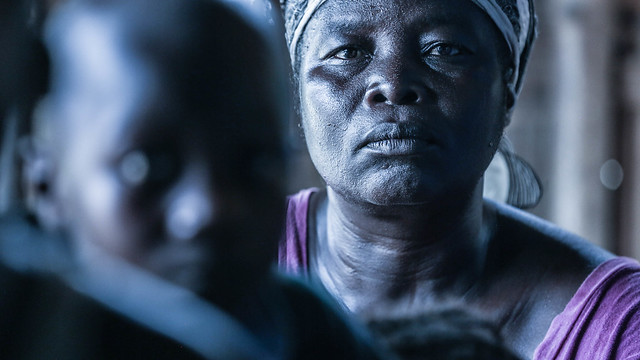Human Rights vs Local Customs
Aligning global human rights standards with local customs regulating child marriages in Nigeria requires a sensitive and respectful approach from the international community.
In many states in Nigeria, Islamic laws govern all aspects of life, such as marriage, family structures, and community interactions, and are seen as vital for maintaining social harmony and order.
Both these customary laws also serve as mechanisms for resolving disputes, preserving traditions, and sustaining community bonds.
Local and Islamic customs are important and can sometimes clash with English style human rights laws and principles.
For instance, practices like child marriage, although culturally entrenched in some regions in Nigeria are seen as violations of children’s rights under English style international human rights laws.
This creates a tension between upholding traditional customs and protecting the rights of children creating strong oppositions to the Child Rights Act in 11 Nigerian states.
Human Rights vs Local Customs in Nigeria
The Child Rights Act (CRA) in Nigeria addresses the cycle of intergenerational child marriage by setting a legal minimum age of 18 for marriage, aiming to protect girls from being forced into early unions.
The delay in enacting the CRA in Nigeria, despite signing the United Nations Convention on the Rights of the Child (CRC) in 1991, was due to a combination of social, cultural, political, and legal factors.
As of 2024, eleven northern states in Nigeria have not officially adopted the CRA, which was enacted federally in 2003 into its own English style law legal system.
While the CRA is a federal law, its application depends on the individual states in Nigeria. Due to the country’s federal structure, each state must pass the Act into law for it to be effective.
Local Nigerian law-enforcement of the CRA is lacking at best. Community resistance often stemming from cultural, religious, or political factors are ripe particularly in northern regions.
These states include Kano, Sokoto, Bauchi, Borno, and others in the northern region with predominantly Islamic legal systems.
In particular, these states oppose provisions such as setting the minimum age of marriage at 18, which some believe contradicts Islamic traditions.
The CRA defines a child as anyone under the age of 18, but this conflicted with cultural and religious definitions in some parts of Nigeria, particularly in northern regions where girls are often considered adults once they hit puberty.
The stats in 2022 reveals that nearly 44% of Nigerian girls marry before turning 18, with 18% married before age 15. This places Nigeria among the countries with the highest prevalence of child marriage globally, particularly in regions like West and Central Africa.
Pregnancy and childbirth are the leading causes of death for girls aged 15–19 in Nigeria. Children of adolescent mothers are 50% more likely to die before their first birthday compared to those born to women aged 20 and above.
For comparison, in The United States, approximately 5% of maternal deaths occur in teens aged 15–19, with Black and Hispanic teens experiencing higher risks. In addition, 20–30% of children are at a higher risk of dying within their first year compared to those born to mothers aged 20 and above.
In Great Britain, maternal deaths among adolescents aged 15–19 are rare. In the Caribbean, complications from teen pregnancies contribute to a significant portion of maternal and infant health issues. Infants born to teen mothers in the region face a 40–50% higher risk of infant mortality or health complications.

Explore More: This story is part of our African Truth & Justice Hub featuring stories of resistance and human dignity.
























